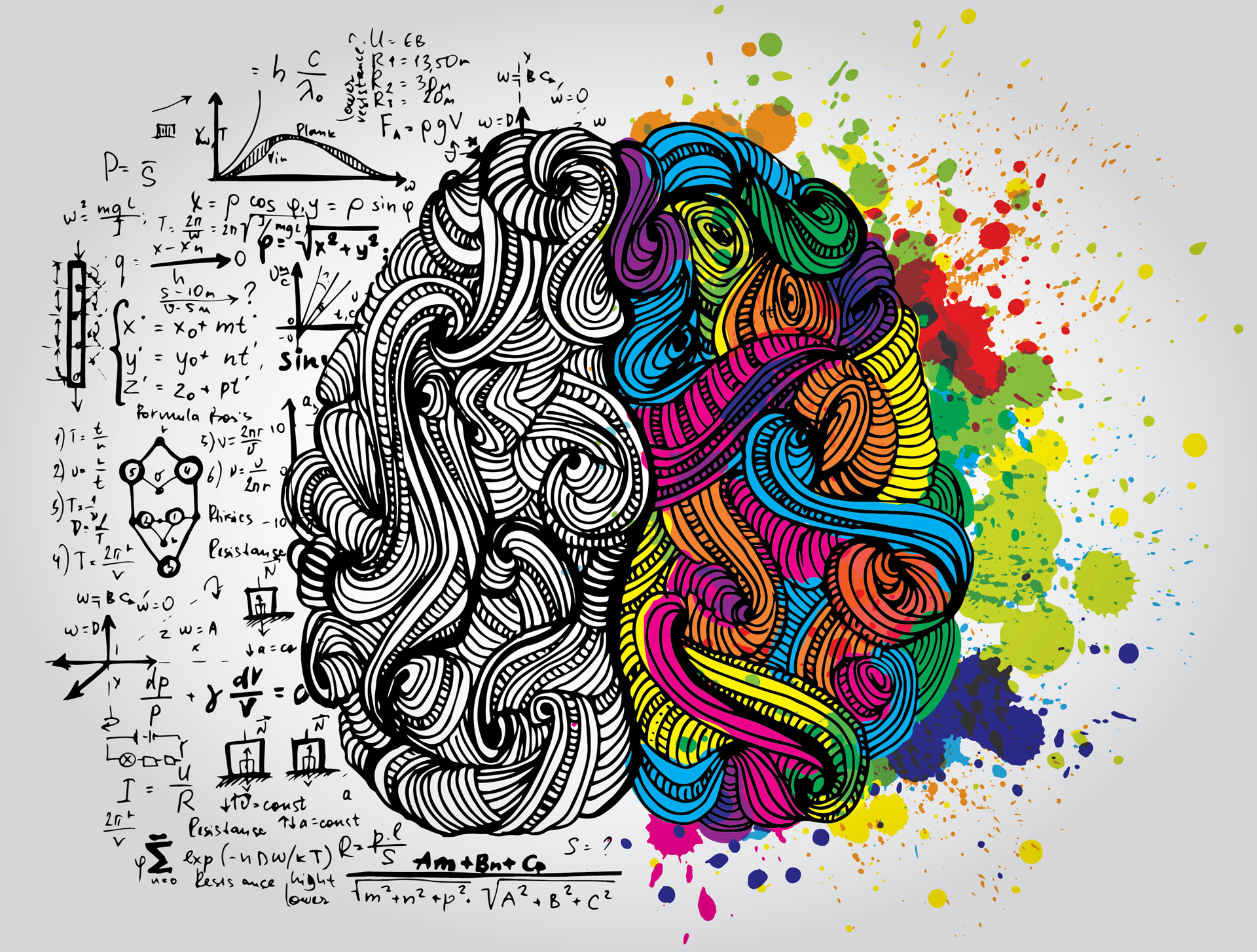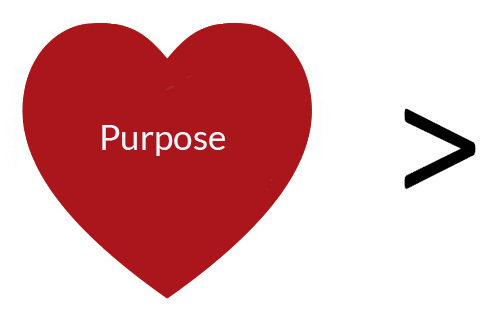Sports Fan Loyalty
Brand Loyalty – a strong feeling of support or allegiance.
At least once a year, my good friend wears the 40 year-old T-shirt of his favorite sports team. It’s too small. It’s faded and threadbare in places. It’s garish color looks terrible on him. It has a hole in the shoulder. But he loves it. It represents something that matters to him. His team.
40 years ago they won an NBA championship. Who knew at the time that it would take 40 years to get another chance? Over the decades, even though the team had highs and low, he still held out the hope that they could be great again. And he is so proud of his team right now.
The amazing thing is how attached we become to our teams. How does this happen? How is it that we become a dyed-in-the-wool Badger, or an Old Blue, or a fan for life?
Wouldn’t it be great if your brand could earn such unswerving loyalty?
To find out, let’s break down how it happens with sports teams.
Geography – When you live in a town, it’s hard to escape noticing the local team. Brands that have a consistent presence over time get noticed. And when a rival team invades your town, when it’s us against them, you automatically line up on the side of the locals, even if you’re just a casual, fair-weather fan.
Parents – You grew up listening to games on the radio with your dad. You grew up watching games on TV with your mom. Their deep feelings for the team became your deep feelings. Your brand loyalties were embedded early on through osmosis by the people you respect the most.
Friends – It’s contagious. If your friends are huge fans, it’s hard not to get caught up in their excitement. The example of their engagement, commitment and strong emotions rubs off on you. After all, it feels good to be part of the team, especially if it’s with your friends.
The Monday morning coffee break – “Hey, that was some game on Saturday, right?” When people talk about the team on Monday morning, you want to join in. You want to have a point of view. So you get pulled into the conversation, and into fan-hood, without really trying.
Creating Meaningful Connections
So what can a brand that doesn’t hit home runs or shoot three-pointers do to inspire a loyal following? It’s not so different from sports. It’s really simple. It is all about creating meaningful brand connections, as often as possible, to inspire people to go out of their way to support the brand.
Done consistently, that’s how a brand can hit a home run.
- Geography is like community. If your brand pays close attention to your community and respects their needs and wishes, it will create consistent, meaningful experiences and stick in their minds and connect to their hearts.
- Parents are like thought-leaders. When a brand leads from a purposeful belief, it can connect with people who share the same ideals. When your brand truly matters, people change the way they think and feel about your brand and you create a long-lasting relationship that can withstand the test of time. Some even call it loyalty.
- Friends are like word of mouth. A positive word from someone you know is the strongest endorsement. If your brand behaves with emotional integrity and respects each individual customer every time in every brand experience, it can earn the kind of loyalty that friends share with their friends.
- The Monday morning coffee break is like a conversation with a group of informed colleagues. If your brand performs consistently well with everyone it encounters, the weight of public opinion will be on your side, even when people are from different levels or walks of life.
Brand Loyalty
Brand loyalty has always come by emotional engagement. Creating meaningful connections and differentiation is where loyalty happens.
Your brand may not inspire fans to get tattoos or wear 40 year-old T-shirts. But it can form a strong emotional connection with people by learning what matters to them, by understanding their feelings and by behaving in a way that shows that you care about them.
Emotive Brand is a San Francisco Bay Area-based brand strategy firm with an emotive approach to branding.













